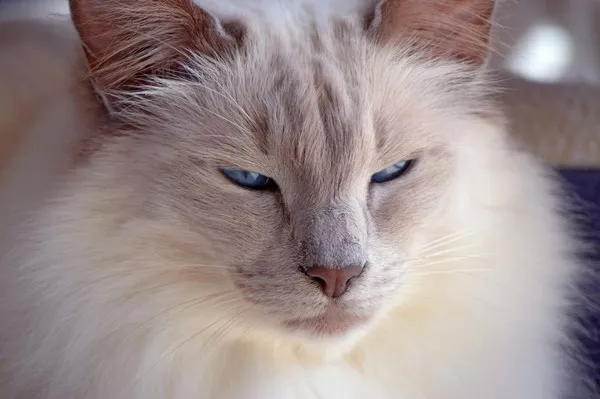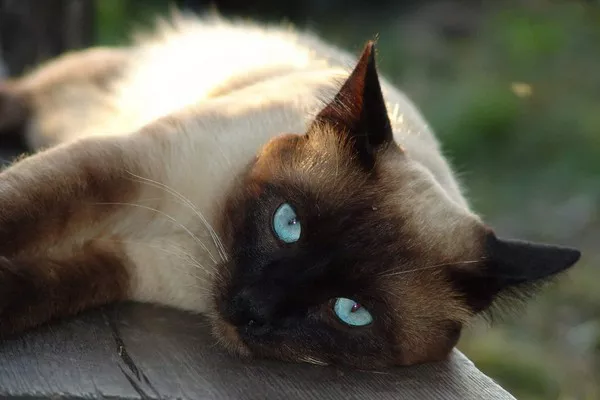Cats are cherished members of our families, and their health and well-being are of utmost importance. One condition that can affect our feline friends is stomatitis. Stomatitis in cats is a painful and often chronic condition that affects the mouth and gums. In this comprehensive article, we will delve into the symptoms, causes, treatment options, and how you can provide the best care for your kitty if they are diagnosed with stomatitis.
Understanding Stomatitis in Cats
Stomatitis, also known as feline chronic gingivostomatitis (FCGS) or simply “cat mouth inflammation,” is a severe and painful inflammation of the oral cavity, particularly the gums and the back of the throat. This condition is more prevalent in cats than in dogs and can lead to significant discomfort and a decreased quality of life for affected felines.
Common Symptoms of Stomatitis in Cats
Recognizing the signs of stomatitis in your cat is essential for early intervention. While the severity of symptoms can vary from one cat to another, here are some common signs to look out for:
Drooling (ptyalism): Excessive drooling is one of the hallmark symptoms of stomatitis. You may notice your cat’s chin and neck becoming wet due to the excessive saliva production.
Bad Breath (halitosis): Stomatitis can cause severe bad breath in affected cats, often described as foul or putrid.
Difficulty Eating: Cats with stomatitis may struggle to eat or avoid eating altogether due to mouth pain. You may notice weight loss or a decrease in appetite.
Pawing at the Mouth: Cats in pain may paw at their mouths or rub their faces against objects in an attempt to alleviate discomfort.
Gum Redness and Inflammation: The gums appear red, swollen, and painful. In severe cases, the inflammation can extend to the back of the throat.
Reluctance to Be Touched: Cats with stomatitis may become more sensitive to touch around their mouths and may resist having their heads or mouths examined.
Causes and Risk Factors
The exact cause of stomatitis in cats is not fully understood, but it is believed to be a complex immune-mediated condition. Several factors may contribute to its development:
Dental Disease: Stomatitis often occurs secondary to severe dental disease, particularly periodontal disease. Bacteria and inflammation associated with dental problems can trigger an immune response that leads to stomatitis.
Viral Infections: Feline immunodeficiency virus (FIV) and feline leukemia virus (FeLV) have been associated with an increased risk of stomatitis.
Genetics: Certain breeds, such as Maine Coons and domestic shorthairs, may have a higher predisposition to stomatitis.
Immune System Abnormalities: Cats with abnormal immune responses may be more susceptible to stomatitis.
Diagnosis of Stomatitis
If you suspect that your cat has stomatitis or if you notice any of the symptoms mentioned above, it is crucial to seek prompt veterinary care. Your veterinarian will perform a thorough examination, including:
Oral Examination: Your vet will examine your cat’s mouth, looking for signs of inflammation, gum disease, or oral lesions.
Dental X-Rays: Dental radiographs (X-rays) may be taken to assess the extent of dental disease and rule out other underlying problems.
Blood Tests: Bloodwork may be done to check for underlying viral infections or other systemic issues.
Biopsy: In some cases, a tissue biopsy may be recommended to confirm the diagnosis and rule out other potential causes of oral inflammation.
Treatment Options for Stomatitis in Cats
Once diagnosed, stomatitis can be challenging to manage, but several treatment options are available to help improve your cat’s quality of life:
Dental Care: Dental disease is often a contributing factor. Dental cleanings and extractions of severely affected teeth may be necessary.
Medications: Anti-inflammatory medications and pain relief drugs may be prescribed to manage pain and inflammation. Steroids, such as prednisolone, are commonly used.
Immune-Suppressive Therapy: In severe cases, immune-suppressive medications like cyclosporine may be considered to modulate the immune response.
Regular Dental Check-ups: Ongoing dental care, including regular check-ups and cleanings, is essential to monitor your cat’s oral health and prevent recurrence.
Dietary Management: Some cats benefit from specialized diets formulated to support oral health and manage inflammation.
Supplemental Treatments: Omega-3 fatty acids and other supplements may be recommended to support your cat’s immune system and overall health.
Caring for Your Kitty’s Mouth at Home
In addition to veterinary care, you can take steps at home to help manage your cat’s stomatitis:
Oral Hygiene: Brushing your cat’s teeth regularly can help prevent plaque and tartar buildup. Use a soft-bristle toothbrush and feline-friendly toothpaste.
Soft Food: Feeding soft, wet food can be easier on your cat’s mouth than dry kibble.
Stress Reduction: Minimize stress in your cat’s environment, as stress can exacerbate stomatitis symptoms.
Regular Veterinary Check-ups: Continue regular veterinary check-ups to monitor your cat’s condition and adjust the treatment plan as needed.
Medication Compliance: If your cat is prescribed medications, ensure you administer them as directed by your veterinarian.
Conclusion
Stomatitis in cats is a painful condition that can significantly impact your feline companion’s quality of life. Early recognition of symptoms and prompt veterinary care are crucial for managing stomatitis effectively. With proper treatment, dental care, and ongoing support, many cats with stomatitis can enjoy improved oral health and a more comfortable life. If you suspect your cat may have stomatitis, don’t hesitate to consult your veterinarian for a thorough evaluation and personalized treatment plan. Your cat’s well-being is worth the effort.























